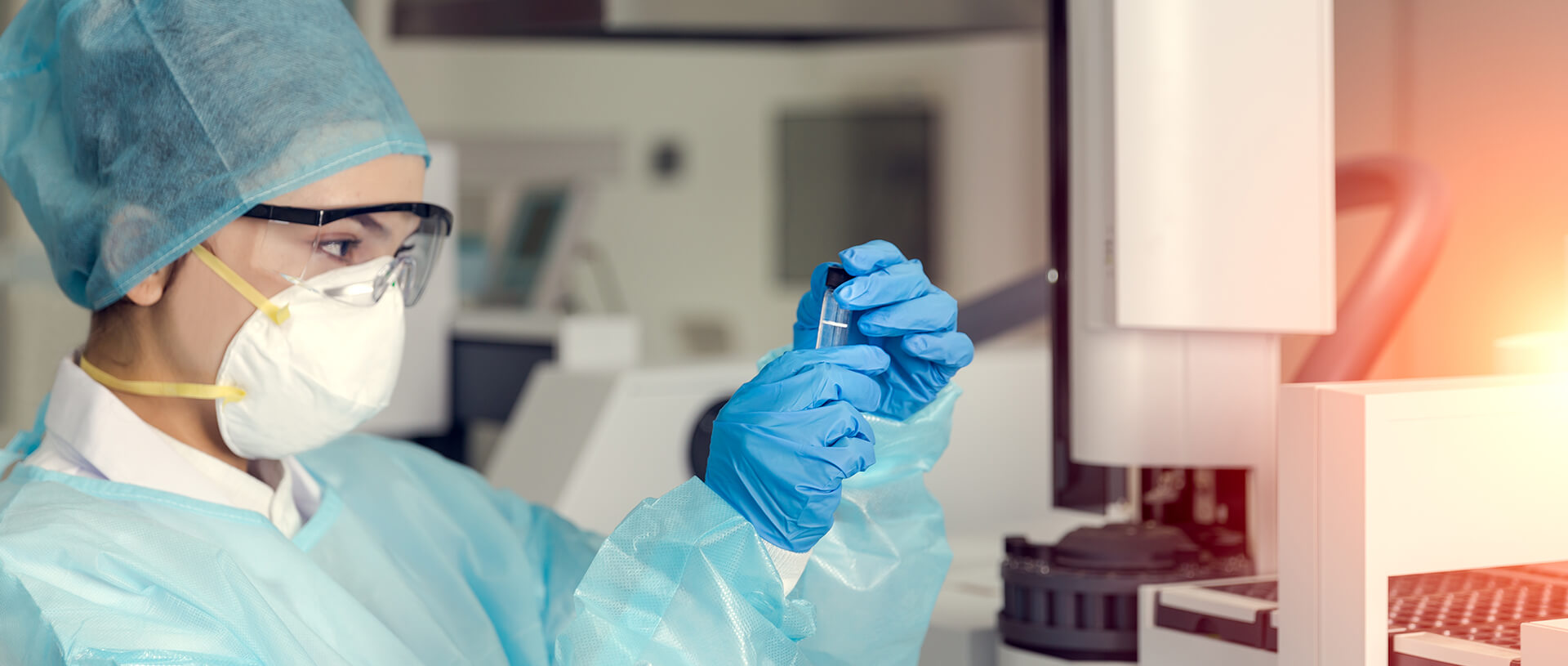Researchers in Singapore have joined hands with their overseas counterparts in the race to discover vaccines or treatments for Covid-19.
The Agency for Science, Technology and Research has partnered with Japanese pharmaceutical company Chugai Pharmabody Research to develop an antibody that targets specific areas of the coronavirus, preventing it from infecting cells.
Duke-NUS Medical School, together with United States medicine company Arcturus Therapeutics, is working on a vaccine that gets the human body to produce part of the virus in order to fight it.
From the private sector, biotechnology firm Immunoscape has joined local and overseas partners to study how patients' immune systems react to the coronavirus.
Home-grown contract development and manufacturing organisation Esco Aster is also collaborating with US biotech company Vivaldi Biosciences to develop a vaccine that protects against Covid-19 and the flu, and can be easily adapted if the coronavirus mutates.
Timothy Goh
Team developing vaccine that can tackle virus mutations as well
A team of local researchers are working on a Covid-19 vaccine that can be modified within three weeks to tackle the Sars-CoV-2 virus if it mutates, and they are hoping for human trials within six months.
Home-grown Esco Aster is developing the vaccine with United States biotechnology company Vivaldi Biosciences, tapping chimeric vaccines which are created by merging proteins from different viruses.
The work-in-progress vaccine, currently named Esco Aster DeltaCov, was "constructed" by joining antigens from the Sars-CoV-2 virus - which causes Covid-19 - with a protein "backbone" from the flu virus.
A*Star researchers discover antibody that targets key part of virus
Researchers at Singapore's Agency for Science, Technology and Research (A*Star) have discovered an antibody that targets a specific part of the coronavirus, preventing it from infecting human cells, and are moving to develop it to defend against the Covid-19 disease.
Dr Wang Cheng-I, senior principal investigator at A*Star's Singapore Immunology Network, said that his team discovered the antibody in mid-March, finding it in a collection of 30 billion human antibodies made by recombinant DNA technology.
They confirmed its ability to prevent infection early last month.
Biotech company studying immune response to Covid-19
A biotechnology firm based in Singapore has joined in the global effort to find a vaccine against Covid-19.
Immunoscape has tied up with partners here and overseas on two studies to find out how patients' immune systems react to the coronavirus which causes Covid-19.
The goal of the projects, which started earlier this month, is to study the behaviour of Covid-19-specific immune cells, which recognise and kill cells infected by the virus.
Competition hots up globally with 8 candidates in clinical trials
Countries are seeking to reopen their economies and borders, even as experts warn of a second wave of Covid-19 infections, kicking the global race for a vaccine and cure into high gear.
Under normal circumstances, vaccines can take as long as 20 years to develop and license. But the scale and impact of the Covid-19 outbreak - with about 4.8 million cases worldwide and more than 300,000 deaths - have seen scientists around the world accelerating their research.
As of last Friday, less than six months after the first case of infection was reported in China, the World Health Organisation (WHO) said there are eight vaccine candidates in clinical trials. Another 110 vaccine candidates are in the pre-clinical stage.
Getting human body to produce part of coronavirus to fight it
Duke-NUS Medical School is working with American medicine company Arcturus Therapeutics on a Covid-19 vaccine which involves getting the human body to produce part of the Sars-CoV-2 virus.
Professor Ooi Eng Eong, deputy director of the school's emerging infectious diseases programme, explained that it is all about teaching the immune system to "recognise" the virus.
He told The Straits Times that ideally, you use the whole virus. Like how you would show a video of a criminal, not just a photo.
© 2020 Singapore Press Holdings
This article was from The Straits Times and was legally licensed through the NewsCred publisher network. Please direct all licensing questions to legal@newscred.com.







